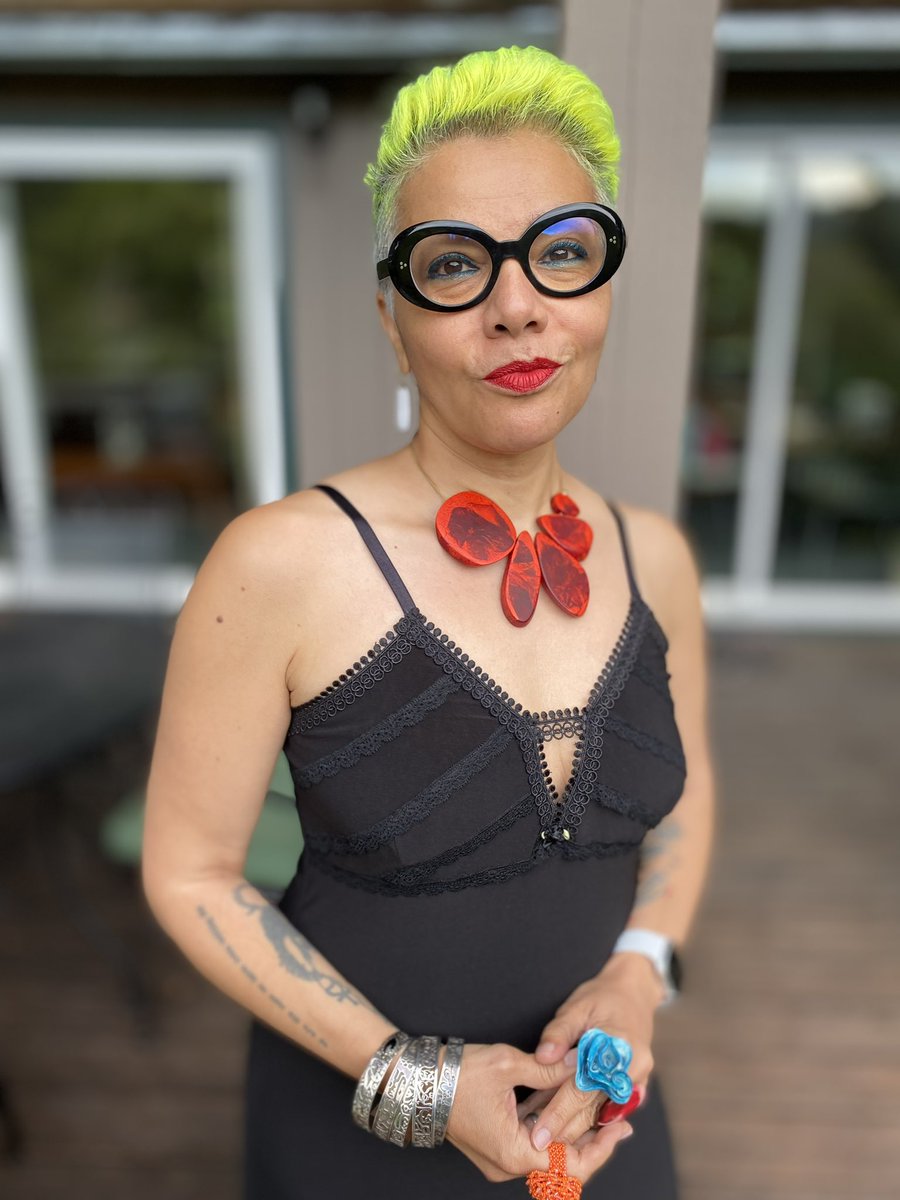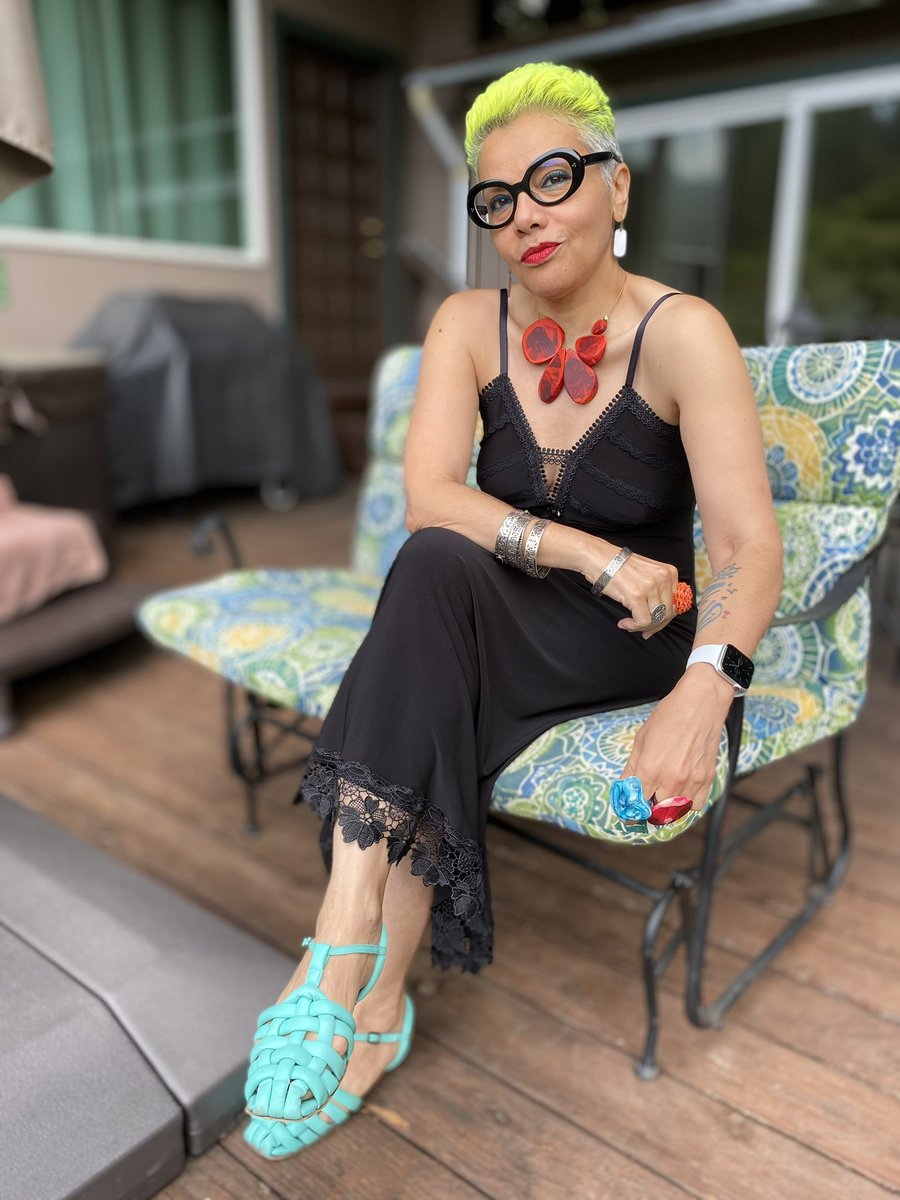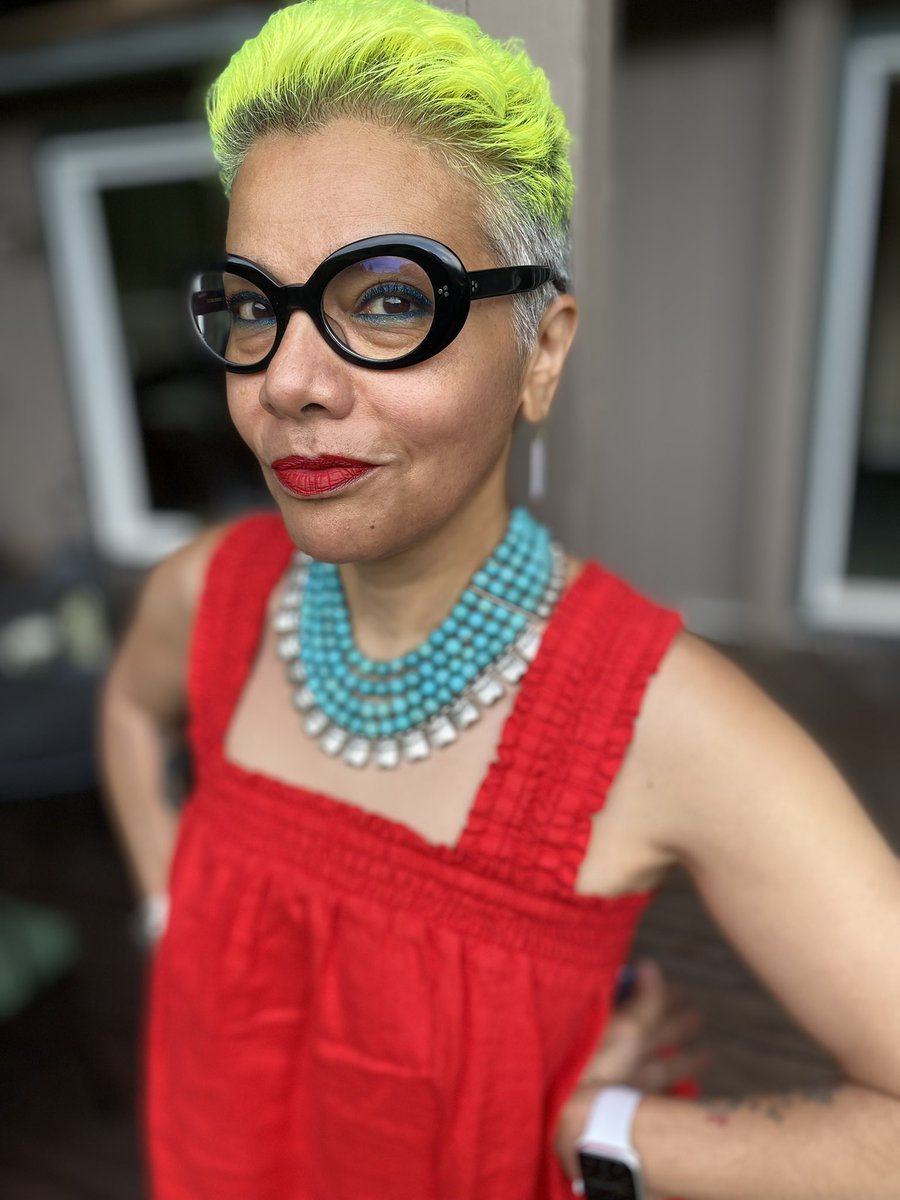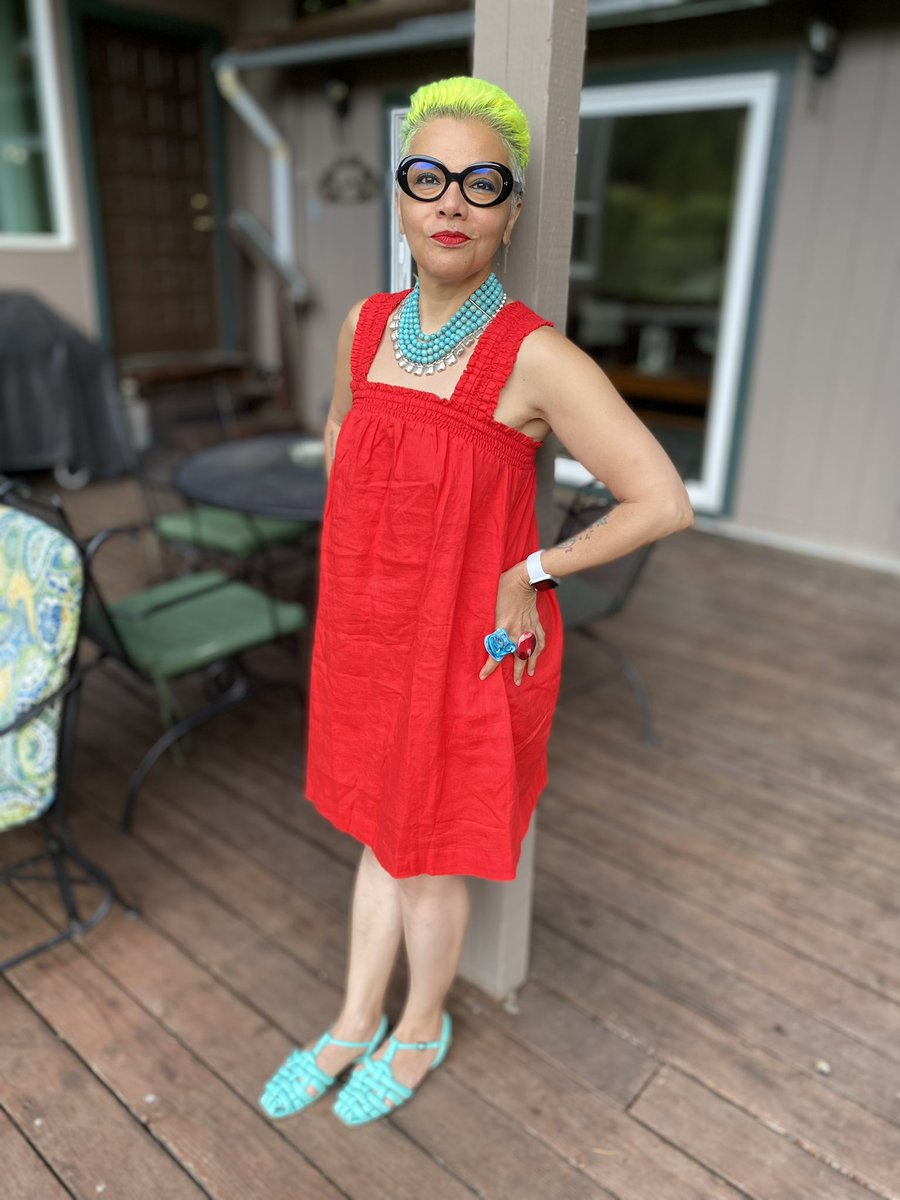
Since the pandemic began, 5 members of my extended family and my Beloved's father have died.
I wrote this in May 2021 about how June Jordan, Vivaldi & concept of grief literacy helped me. It's one of my most read essays.
I hope it helps those grieving.
feministgiant.com/p/essay-some-o…
I wrote this in May 2021 about how June Jordan, Vivaldi & concept of grief literacy helped me. It's one of my most read essays.
I hope it helps those grieving.
feministgiant.com/p/essay-some-o…
An international group of death studies practitioners and scholars from several countries and disciplines--has coined the concept #GriefLiteracy, which means “the capacity to access, process, and use knowledge regarding the experience of loss.”
Loss, as they explain, does not only occur in response to death; any loss can cause us to grieve.
“So much is being lost in the midst of the COVID-19 global pandemic," @SusanCadell #GriefLiteracy
“So much is being lost in the midst of the COVID-19 global pandemic," @SusanCadell #GriefLiteracy

They offer several scenarios for what a “grief literate society” would look like. e.g. grief education in curricula, starting in junior levels; it recognizes and acknowledges grief from non-death losses, and pet deaths. #GriefLiteracy 

“Death is sexy in popular culture, but there’s nothing sexy about grief,” Dr. Mary Ellen Macdonald, a medical anthropologist who is part of the team behind #GriefLiteracy. “The only way to cure grief is to grieve.” feministgiant.com/p/essay-some-o…
We need #GriefLiteracy because we have not reckoned with the magnitude of our pain and grief. Those of us who did not die must prepare to take our individual grief out into the world, where so many are acting as if nothing happened, or that the pandemic is "over."
Those of us who did not die must find our place in communal mourning and nurturing and whisper to each other’s hearts “We know you’re strong. Look at what you survived. You can be soft here, we’ve got you.” feministgiant.com/p/essay-some-o…
That is part of #GriefLiteracy. And it belongs to us. One of the most powerful aspects of grief literacy is that it is community driven.
“Grief literacy extends the compassionate communities movement,” @SusanCadell
“Grief literacy extends the compassionate communities movement,” @SusanCadell

Part of our grief literacy must include pronouncing once and for all that whatever “normal” was is dead and buried. Only the most privileged and the least affected will insist on “going back to normal.”
#GriefLiteracy
#GriefLiteracy
We must walk—emerge from the pandemic, not regress to “normal”—and talk--talk to our grief.
We must speak it because as with any language,the more you use it the more fluent you become.
Thanks all who’ve read & shared my May 2021 essay
#GriefLiteracy feministgiant.com/p/essay-some-o…
We must speak it because as with any language,the more you use it the more fluent you become.
Thanks all who’ve read & shared my May 2021 essay
#GriefLiteracy feministgiant.com/p/essay-some-o…
Support my work and subscribe to my newsletter.
It’s free—no paywall or ads.
If you can pay, it helps to keep it free.
feministgiant.com
It’s free—no paywall or ads.
If you can pay, it helps to keep it free.
feministgiant.com
Bonus material: who else finds Call the Midwife incredibly cathartic?
I am late to the series Call the Midwife, which my sister has been recommending for years. I finally binge-watched my way through it during lockdown. #GriefLiteracy
I am late to the series Call the Midwife, which my sister has been recommending for years. I finally binge-watched my way through it during lockdown. #GriefLiteracy
“You’ll get a headache from crying,” my sister promised when I told her I was in search of catharsis.
And without fail, each episode tore my heart apart and then delicately handed it back to me: "See, you're still here. Befriend grief. Don’t be scared." feministgiant.com/p/essay-some-o…
And without fail, each episode tore my heart apart and then delicately handed it back to me: "See, you're still here. Befriend grief. Don’t be scared." feministgiant.com/p/essay-some-o…
• • •
Missing some Tweet in this thread? You can try to
force a refresh



















